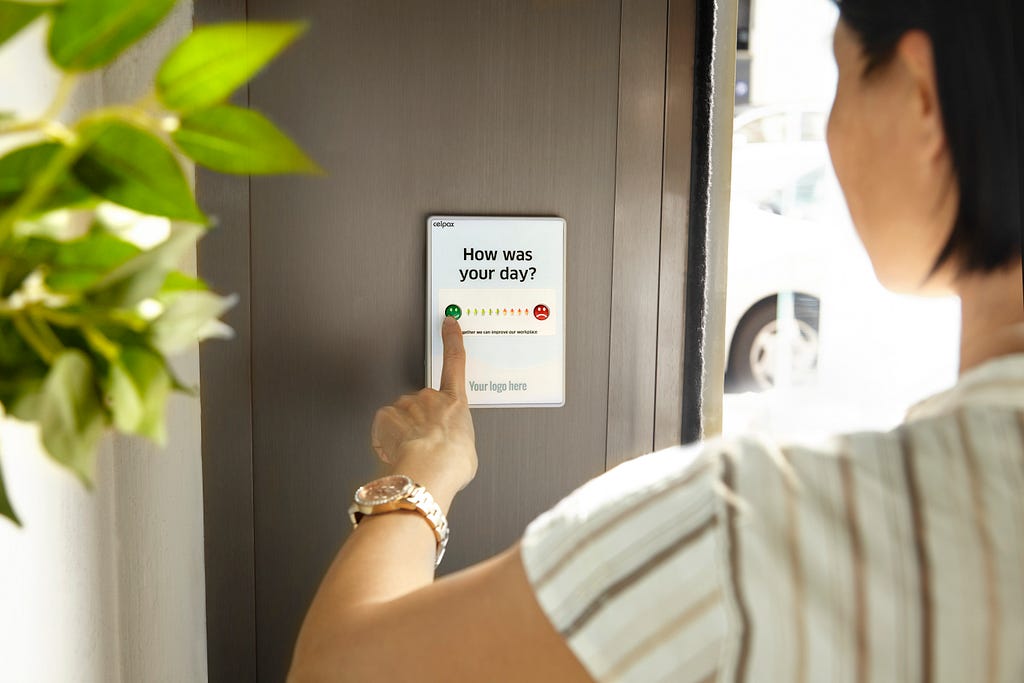This content originally appeared on Level Up Coding - Medium and was authored by Ahmed Hassanein

Be kind.
It never hurts to be kinder, even when you think it’s unnecessary.
A colleague made a mistake? instead of seeing it as a chance to call them out, help them fix it privately if possible. Make a friend instead of an enemy waiting to return the “favor” to you one day.
Instead of focusing the conversation and effort on pinning the mistake on this person's forehead: focus on setting an automated preventive measure. He/she won’t feel bad, and you make sure it never happens again. Win-Win!
In retro meetings for example, avoid pointing fingers at people and point fingers at problems in general. And when you do, focus on solving or avoiding them.

Be humble.
Would you like to work with an arrogant, condescending colleague? neither do we :)
No matter how many years of experience you have, there is a %100 chance an intern knows something you don’t.
Arrogance creates a shield around you that blocks your ability to learn and consider different points of views. Even if you learn nothing, you become more approachable and likable which is good for your career (if you need a pragmatic reason!).
Another reason to be humble: always consider the possibility of being wrong.
How many times were you %1000 sure about something that you found later was completely wrong? You won’t look as bad if you were so “sure” before you find out :D

Consider others.
You have your needs, and people have theirs. If you want to fulfill yours, start by thinking about how to fulfill theirs too.
Want to make a suggestion or improvement? think about making it as easy and smooth as possible for others, and the rest will follow.
For example, when you point out a mistake or a suggestion in a code review, explain why you made it. Even if you can get away with telling others to do stuff because you are managing them, it definitely helps to explain why you are asking them for the effort to change their work.
Another example: want to ask your team to make a significant change to how they usually work? make sure you explain why, answer all questions regarding why and how, and make the change as easy as possible.
By reducing friction, you reduce the chances of resisting you.

Give kind and helpful feedback.
Give positive feedbacks as often and as publicly as possible.
Give negative feedback only when needed and as privately and kindly as possible.
People have diverse backgrounds, experiences, personalities, and cultures. This is very important to consider when giving feedback, especially negative feedback!
Negative feedback usually triggers a defensive attitude in us. We feel under attack, and depending on the personality the response can be aggressive. That's why I believe it's always better to be as cautious and nice as possible when delivering negative feedback.
For some people, a slight hint is more than enough to get your point across. Some people won’t even notice unless it’s direct. Knowing which kind of personality you are dealing with is critical and using the least required intensity to get your point across is definitely better than going full-force which will trigger the defensive mode even more.
Some tips I try to follow:
- Mix positive and negative feedback. For example, ensure that at least one good comment is included when reviewing pull requests.
- Listen carefully to responses to get the full story.
- Consider different cultures. Maybe what you consider a negative behavior in your culture is considered positive elsewhere? You still have the right to point it out but knowing this fact will.

Ask for and accept feedback
One more benefit to humility is accepting that you are not perfect and will never be. This means you always have room for improvement. Sometimes you are lucky enough to know what to improve, sometimes, others will give you hints.
Regardless of how well they deliver the feedback, your job is to listen carefully. let your armor down and open your heart to this gift.
That being said, you should filter out biased or completely unfair feedback from messing with your head and explain yourself when needed without being too defensive or aggressive.

Don’t stereotype.
Our brain LOVES to label things and people no matter how hard we try not to. Within seconds of meeting someone, your brain works hard to figure out which “label” to smack on this person's forehead.
We have all kinds of labels based on appearances, nationalities, religions, clothing, physical features, accents, and so on. Unfortunately, we can’t control this brain magic. However, we can control our actions, behaviors, expectations, and attitudes toward others.
Treat every person separately, not based on which box your mind thinks they belong to!
If you hate to be stereotyped, don’t stereotype others!
That’s it! I will be kind to you and keep it short :D
so please be kind to me by following me to make sure you read the next article in this series 😄
Level Up Coding
Thanks for being a part of our community! Before you go:
- 👏 Clap for the story and follow the author 👉
- 📰 View more content in the Level Up Coding publication
- 🔔 Follow us: Twitter | LinkedIn | Newsletter
🚀👉 Join the Level Up talent collective and find an amazing job
Must-have skills for awesome developers: “Empathy” was originally published in Level Up Coding on Medium, where people are continuing the conversation by highlighting and responding to this story.
This content originally appeared on Level Up Coding - Medium and was authored by Ahmed Hassanein
Ahmed Hassanein | Sciencx (2022-12-09T12:27:40+00:00) Must-have skills for awesome developers: “Empathy”. Retrieved from https://www.scien.cx/2022/12/09/must-have-skills-for-awesome-developers-empathy/
Please log in to upload a file.
There are no updates yet.
Click the Upload button above to add an update.
